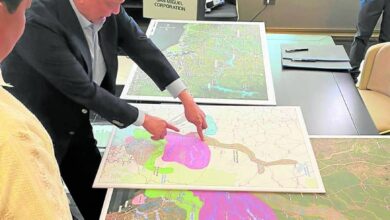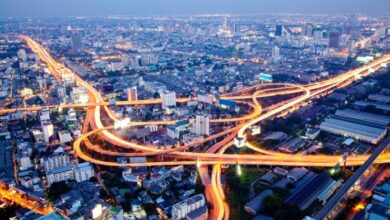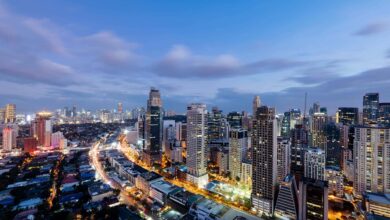
ADB Affirms Support for Duterte’s Programs
The Asian Development Bank (ADB) plans to invest more in Mindanao to show support to the Duterte administration’s programs.
ADB president Takehiko Nakao said in a briefing that several programs under the current administration are in line with the bank’s ideas including rural development, education, and gender equality.
Nakao also mentioned that the Manila-based multilateral institution has supported both the initiative on technical and vocational education training and the K to 12 program. He even added that ADB has given financial support to the Department of Social Welfare and Development’s (DSWD) conditional cash transfer (CCT) scheme.
“This Duterte government has several agenda which are in line with our own ideas,” Nakao said.
“Education is of course one important part. We are also supporting the CCT, and this has been here for sometime from the previous government,” he added.
More Investments in Mindanao
The ADB president announced the bank’s intention to invest more in Mindanao particularly in the peace process.
“We also want to invest more in Mindanao, for sustaining peace in Mindanao. We need to develop Mindanao in a broader sense and we have a big road project in Mindanao last year,” Nakao said.
ADB has already provided loans to the Philippines. In fact, majority of the record-high $1.08 billion loan in 2017 were used to fund infrastructure-related activities in the country especially in Mindanao.
Mindanao will be the focus of the Philippines’ growth narrative according to Finance Secretary Carlos G. Domniguez III. Big infrastructure projects are already in the pipeline and will soon help improve the region’s economic production and ultimately transform it into a major agriculture and industry hub.
Dominguez also added that aside from boosting economic production, the infrastructure projects in Mindanao will open new irrigated lands for agriculture and make it easier to transport goods and people in the region.
Build, Build, Build Program
Five of the government’s flagship infrastructure projects were already approved by the National Economic and Development Authority (NEDA) Board according to Dominguez.
All five will be built in the south including the P5.4-billion Malitubog-Maridagao Irrigation Project Phase 2 in North Cotabato and Maguindanao, the P4.86-billion Panguil Bay Bridge project, the expansion and improvement projects in Davao International Airport and Laguindingan Airport worth P40.57-billion and P14.6-billion respectively, the 102-kilometer Mindanao Railway Project Phase 1, Segment 1 worth 35.26 billion pesos to connect Tagum, Davao City, and Digos.
Collaboration with AIIB
The ADB president also welcomes the idea of collaborating with the emerging China-led lender Asian Infrastructure Investment Bank (AIIB) to meet the region’s growing investment needs.
Takehiko Nakao even added that the two institutions could collaborate more effectively because they are different in several ways. He even lamented that they don’t see AIIB as a rival and their rise won’t motivate any changes in ADB’s future strategy.
“AIIB, it’s not the kind of threat to us. We can cooperate with AIIB because we need larger investment in Asia and we can collaborate,” he said.
Nakao also mentioned that this year the AIIB and ADB are hoping for the approval of several projects they would co-fund. In the past, the two institutions have provided combined loans of more than $700 million for four infrastructure projects, three of them are located in South Asia.
Warning on Protectionism
Nakao also expressed concerns about protectionism and trade troubles across Asia due to the tension between US and China.
“If trade is interrupted, it will have large damage to Asian countries as well as to other countries in the world. If this continues to escalate, it will have negative impact,” he said.
So far, however, there were no signs of any of that.
“At this moment it does not have impact on sentiment of people, investors and market players,” Nakado added.
Solid export demand is the main driver for ADB’s forecast growth of 6.0 for Asia. The bank, however, has warned that US protectionist measures and retaliation from rival country China could undermine trade.
ADB hosted a May 3-6 meeting to discuss key topics such as free trade, globalization, ageing populations, environmental degradation, gender equality, and the trend towards automation.
Nakao is confident that developments in technology will help boost equality among populations and create jobs in Asia instead of losing them to machines and software.
via Manila Bulletin / Chino Leyco




